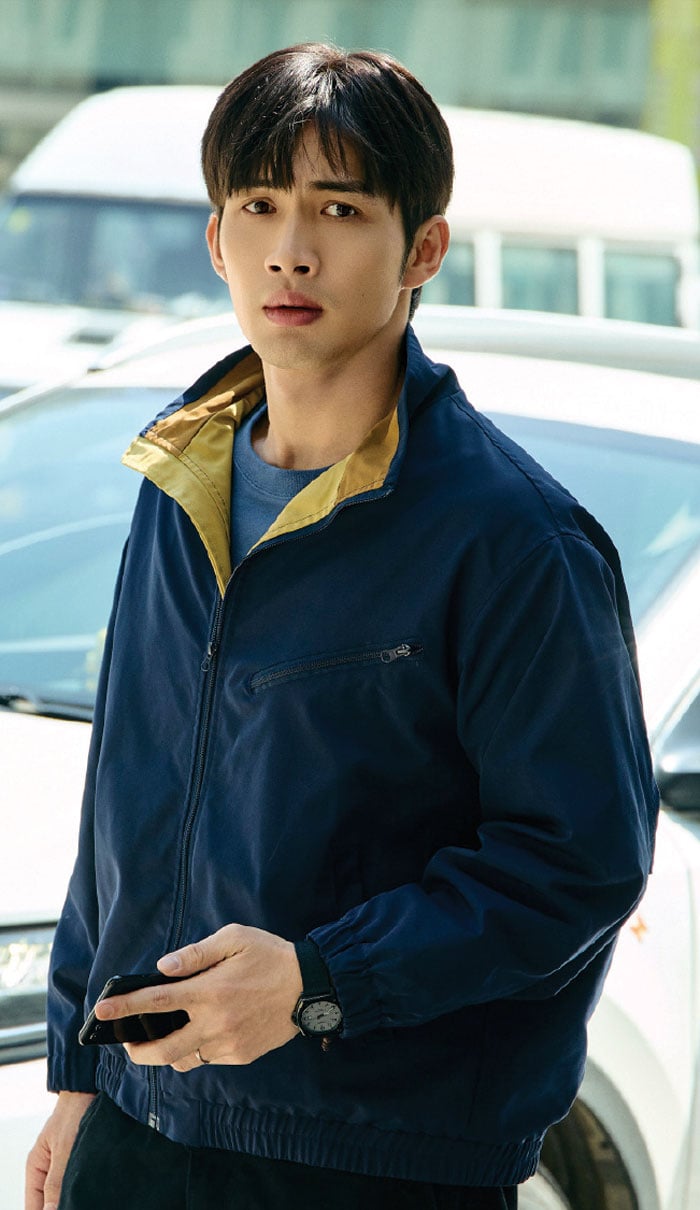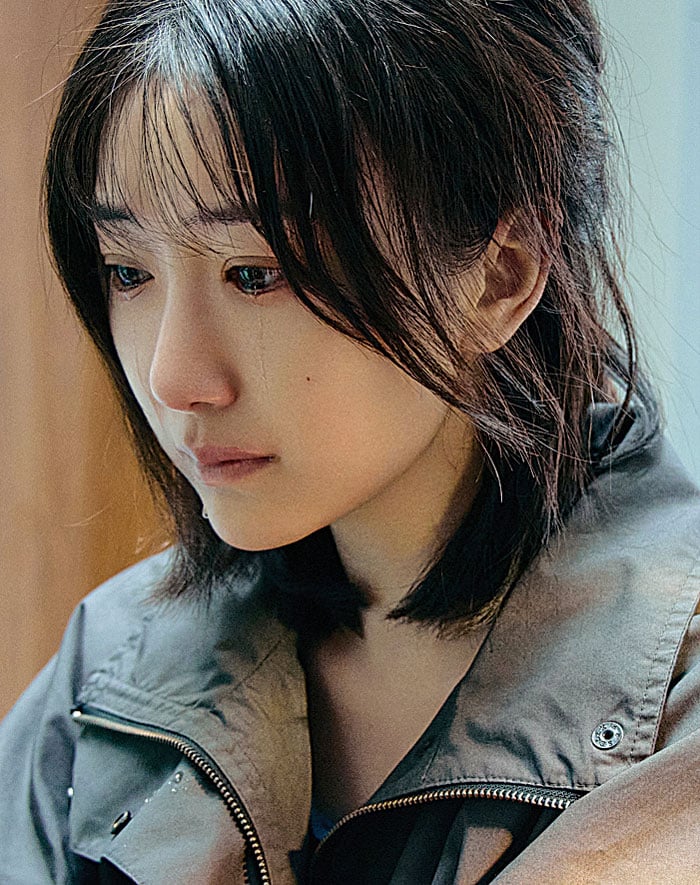Drama Title: “Limited Days Ahead”
Director: Li Muge
Head Writer: Rao Jun
Cast: Zhang Binbin, Mao Xiaotong, Liu Dan, Shao Feng, Shi Yunpeng, Yang Yuxi
Genre: Workplace, Drama, Romance
Episodes: 18 episodes
Ye Sibai (played by Mao Xiaotong) has always endured, compromised, and escaped from her parents' preference for sons over daughters, which deeply frustrates her loving but disappointed husband Qin Nan (played by Zhang Binbin), prompting him to ask for a divorce. At this very moment, Ye Sibai experiences an assault and completely loses hope. After learning the truth, Qin Nan resolutely stays by her side, encouraging her to seek justice through legal means. With the intervention of the judicial authorities, the perpetrator is imprisoned and the truth is revealed. Supporting each other, Ye Sibai and Qin Nan also resolve their issues with family, starting anew in life...
Zhang Binbin & Mao Xiaotong’s Heart-wrenching Marriage
If there are five stages of grief, then there are also three stages of female growth! Chinese actress Mao Xiaotong realistically exposes workplace injustice towards women in “Limited Days Ahead”. Even if you are powerless, you must become your own strongest defender. Adapted from Mo Shubai’s novel of the same name, the story follows Ye Sibai (played by Mao Xiaotong), who grew up in a family that favored sons and always chose to endure and escape, which led her husband Qin Nan (played by Zhang Binbin) to the brink of divorce. At this point, Ye Sibai becomes a victim, but after learning the truth, Qin Nan chooses to return to her side, supporting and encouraging her to defend justice through legal means. Together, they pull each other from despair and embark on a new chapter.

Zhang Binbin reveals the gentleness behind the tough guy.
Mo Shubai’s works adapted for television include “Du Hua Nian,” “Chang Feng Du,” and “Shan He Zhen.” All these works feature women who are independent and strong. This time, “Limited Days Ahead” already scored an impressive 9.8 on account of its female growth themes and has been hailed as a textbook in the field by readers—many even say it made them cry to the point of breathlessness, yet it’s also deeply healing. Whether it’s resisting being the “perfect victim,” or awakening from suffocating family environments, all of it makes readers believe the darkness will eventually end. With the high rating of the original novel, most readers fear comparisons between the book and the adaptation, but this show actually encourages a direct comparison and emotional resonance, making every emotional beat more profound. The series faithfully recreates famous scenes, such as Ye Sibai’s courtroom testimony and Qin Nan handing the judgment with hot soy milk, as well as the protective line “What did you do wrong?”, deeply drawing the viewers into the characters’ emotions.

Mao Xiaotong’s character emerges from a shattered life to overcome adversity.
In the trailer, Zhang Binbin and Mao Xiaotong are a perfect match; from campus days to marriage, both face many hardships in life and become each other’s light during their lowest moments, gradually overcoming adversity together. Whether as students or a married couple, they have strong on-screen chemistry, highlighted by Mao Xiaotong’s heart-wrenching victimization and Zhang Binbin’s devoted care—making their emotionally charged scenes highly compelling.
To portray a mechanic, Zhang Binbin not only spent half a month training in a repair shop beforehand, but also specifically had hand scars created to best capture the mechanic’s image. The juxtaposition of a rugged laborer and his tender protection of his wife truly embodies the “tough guy with a gentle heart.” In the story, Mao Xiaotong’s character is treated as a tool by her family, forced to give more than half her salary to buy a house for her brother, and after suffering workplace assault, her mother refuses to report it to the police, while her father even resorts to emotional blackmail. These pressures push the character through three stages: endurance, eruption, and awakening. Mao Xiaotong’s rooftop emotional breakdown scene was voted among the year’s top three crying scenes. As the actress herself said, for Ye Sibai, seeing hope is like seeing a flower bloom out of a stone—extremely rare and precious. Her weed-like resilience is worthy of a flower’s confidence in blossoming.
